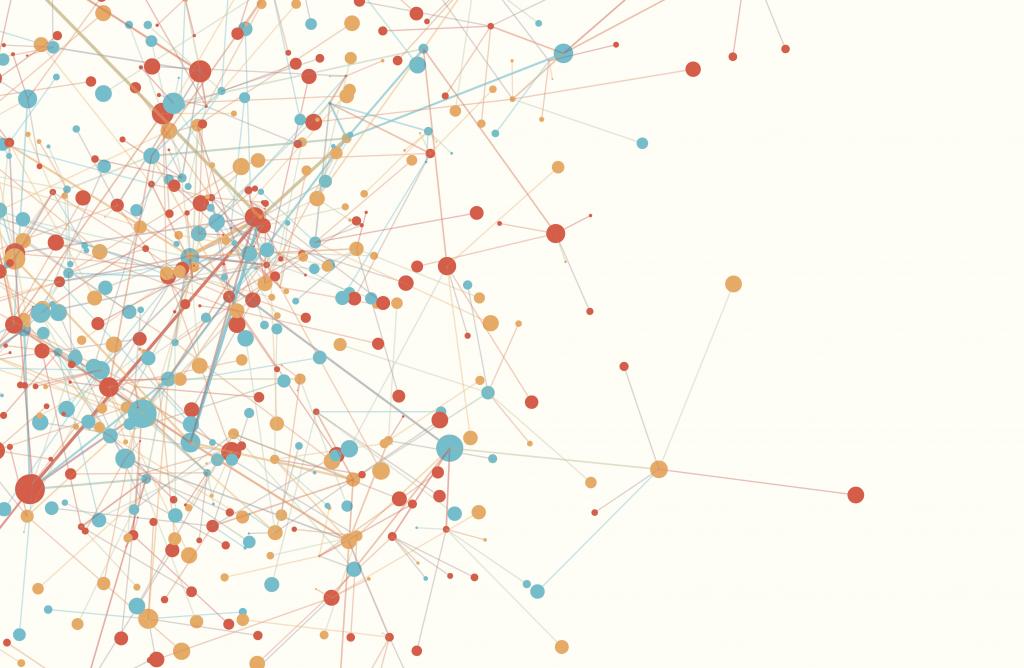Given the rising significance of courts in global politics, and the mounting number of environmental cases before human rights courts, Defne Gonenc has focused her PhD thesis in International Relations/Political Science on how litigation contributes to norm transformation in human rights approaches to environmental protection. She gives us more information on her research, which she was able to carry out notably as the first recipient of the Alumni Scholarship.
Why did you decide to study the impact of litigation on norm transformation?
Using courts for dealing with core political issues has become one of the most significant phenomena of the 21st century. For example, issues such as sexual rights, environmental protection, climate change and prohibition of political parties are all handled by courts.
Social movements also frequently use courts to challenge the actions of executive bodies and companies. Since neoliberal political economy has not permitted a paradigm shift so far, activists rely on the tools of human rights as a last resort, and carry their issues to the courts. Then the question we need to pose becomes: “Can we use the courts for seeking larger normative change, something beyond the individual gains at the courts?” In my thesis, I wanted to analyse this question from a specific angle, by looking at the role of litigation in norm transformation and by theorising norm transformation as a specific type of norm change.
Can you describe your thesis and its major findings?
To achieve full development as human beings, both an environment free of degradation and the enjoyment of human rights by all are necessary. The enjoyment of human rights and environmental well-being are inseparably linked. A healthy environment is a precondition for the fulfilment of human rights, and human rights violations may cause environmental degradation. Due to the rising number of environmental cases before human rights tribunals, and the interlinkages between human rights and environmental protection, the thesis analyses how litigation plays a role in norm transformation. In order to answer this question, the thesis theorises litigation as a process. Hence, it looks at what happens before and after the trial.
The major finding is that the role of litigation in norm transformation depends on how litigation mechanisms interact with each other in a specific case. In other words, the role of litigation in norm transformation is context dependent.
Can you give an example of the policy relevance of your thesis?
Particularly in modern liberal democracies, many people still believe in a powerful and independent judiciary as a key tool for a healthy and democratic life. However, my thesis shows that the impact of litigation on norm transformation in human rights approaches to environmental protection is ambivalent. In other words, although many social movements rely on courts as a last resort, the impact of courts on norm transformation is context dependent.
How did you finance your studies and field trips?
In 2013 I received the Alumni Scholarship as the first-time recipient, which financed my first PhD year. I am very thankful to all Graduate Institute alumni, without whom I would not have been able to pursue my studies. I hope this scholarship will be offered to many more future students, permitting them to come to the Institute.
During the rest of my PhD, I first worked as a teaching assistant for the environmental track at MINT, which immensely helped me to advance my knowledge in the field. I am very thankful to all MINT students, professors and staff for very positively contributing to my PhD life. It was a wonderful experience.
In addition, I worked as a research assistant of three professors: Liliana Andonova (who is also my supervisor), Filipe Calvão and Ronald Jaubert. I am very grateful to each of them for having me in their projects. I learnt a lot as a part of their teams.
Last but not least, for my field trips, I have to thank my parents and my saving skills
– and a little bit the Department of International Relations/Political Science since it also offered a small contribution.
What are you going to do?
I would like to be an academic; therefore, I plan to pursue a post-doc in Europe. I will continue working on environmental and agricultural politics with a focus on India and Turkey.
Would you like to a give a message to other students of political science and international relations?
They should believe in the magical three: hope, love and trust! Hope, love and trust can and will change the world. Why should they believe in this? Because the rules of the game change as you play it. We are all both actors and scriptwriters at the same time. You might be acting in a scenario that you really dislike. But continue. Do implement the magical three in your daily life. Then, you will recognise the change. And enjoy. The process is more important than the outcome.
* * * * *
Defne Gonenc defended her PhD thesis in International Relations/Political Science on 12 October 2018. Professor Elisabeth Prügl presided the committee, which included Professor Liliana Andonova and Adjunct Professor Jorge Viñuales, thesis co-directors, and Mr Sandeep Sengupta, Global Coordinator – IUCN Climate Change Portfolio, International Union for Conservation of Nature, Switzerland.
Full citation of the PhD thesis:
Gonenc, Defne. “The Role of Litigation in Norm Transformation: A Study of Human Rights Approaches to Environmental Protection.” PhD thesis, Graduate Institute of International and Development Studies, Geneva, 2018.


